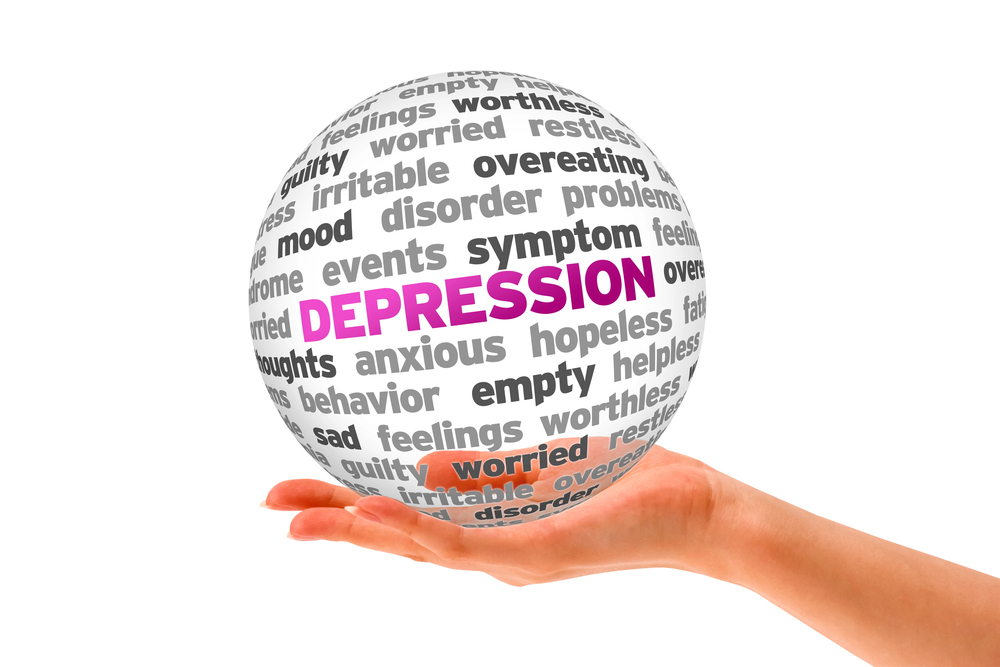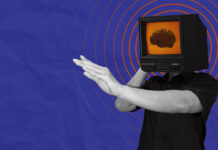In a growing trend, people are self-diagnosing with “mental illnesses” such as depression, ADHD, and autism, often without meeting the official criteria for those diagnoses. Researchers have raised concerns about the negative impacts this has had on self-esteem and how it worsens stigma and distress.
Now, a new study has found that those who self-labeled with depression were worse off than those who didn’t—even after controlling for depression severity. Those who self-labeled felt more like depression controlled them, had less optimistic beliefs about their future, and were less able to see things differently. They also were more likely to believe in drugs as the solution rather than therapy.
“Self-labeling was associated with lower levels of perceived control over depression, more catastrophizing, less perspective taking, refocusing, reappraisal, and planning, and more positive help-seeking attitudes towards medication but not therapy,” the researchers write.
The study, led by Isaac L. Ahuvia at Stony Brook University and including researchers from Northwestern University Feinberg School of Medicine, Amherst College, Michigan State University, and the University of Michigan Medical School, was published in the Journal of Affective Disorders.
This adds to a growing body of research on concept creep and pathologization. Researchers have found that more and more distressing emotional experiences are becoming seen as medical illnesses requiring drugs to treat. For instance, the diagnosis of “prolonged grief disorder,” recently added to the DSM, is controversial for framing a natural part of human experience as a “mental illness” and opening the door to the pharmaceutical industry, who claim that grief is an “addiction” that can be treated with addiction drugs.
This trend has also been linked to social media, particularly TikTok, as teen girls are persuaded to identify with and glamorize rare disorders and develop eating disorders to fit in with popular content creators. This is encouraged by for-profit companies, too, like Cerebral, who use TikTok to prey on teenage concerns around weight and appearance to promote their diagnosis and medication services.
















That’s an amazing piece of research.
Report comment
Maybe people should stop acting like these diseases are badges of honor and instead treats them like the severe medical conditions they are. The attitude surrounding these conditions is bizarre. It’s astounding how disconnected this industry is from reality. People are suffering every day from these conditions and they get ignored. These conditions are not taken seriously enough. Handing someone a bottle of pills isn’t going to solve any of their issues. Most likely it will make their lives worse
Report comment
Some people are self-aware, honest with themselves (makes no sense to lie or deny), and fully capable of doing appropriate research. When it becomes obvious that you overwhelmingly fit the criteria for autism, that it completely explains all the issues in your life that therapists insisted on misinterpreting (confirmation bias on the therapists’ part), and you can finally identify with people who just happen to be neuro divergent, you can pretty much see that it’s autism. And being autistic is an explanation and a neuro divergence. It’s not a disease or disorder that needs treated or medicated. Yes, it’s overwhelming and exhausting and stressful trying to live in a world dominated by neurotypicals. But what’s needed is respect and understanding and a shift in mindset from neurotypicals.
Report comment